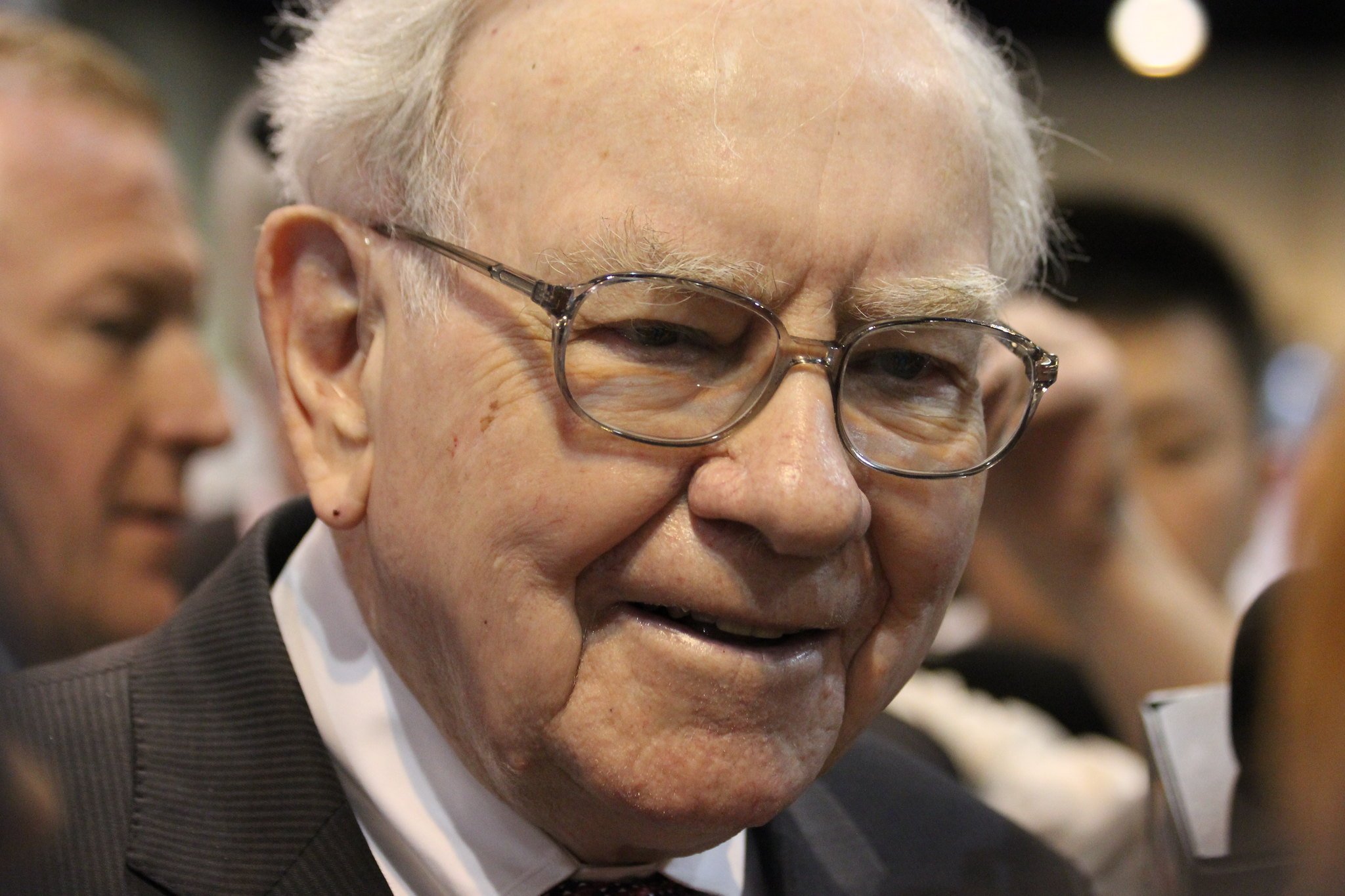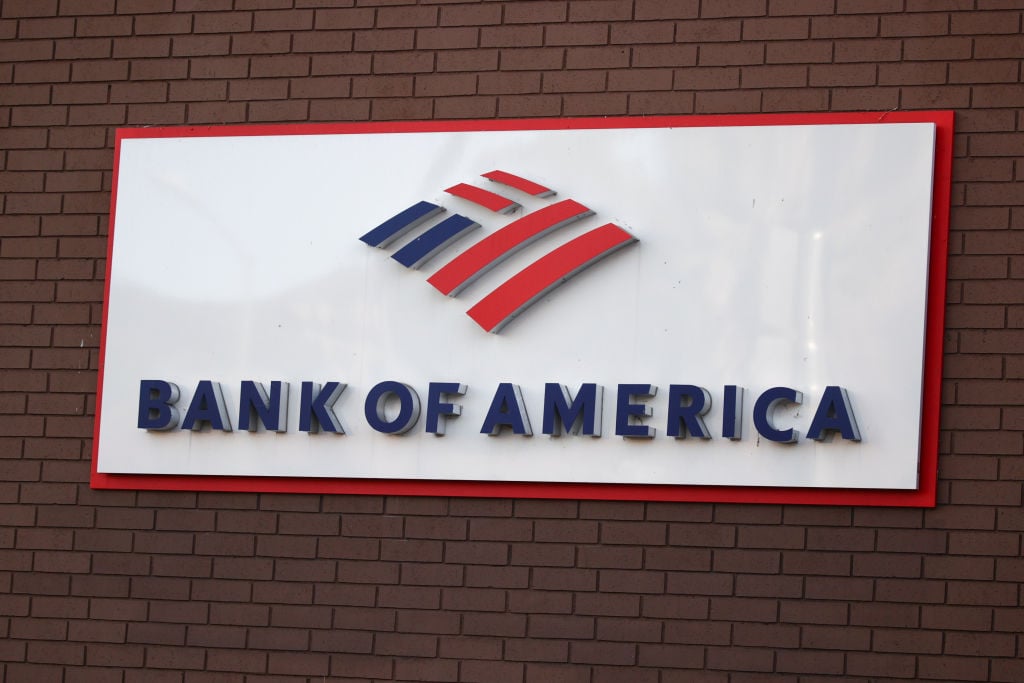Bank of America (BAC +0.16%) dropped by more than 6% on Monday after announcing a $4 billion error in its reporting of capital levels, which stemmed from the company's acquisition of Merrill Lynch during the financial crisis. While it is definitely disheartening for investors to see the recently approved buyback plan and dividend increase suspended, it doesn't necessarily mean we should stay away. In fact, the recent decline could mean patient shareholders have more to gain once the stench of the crisis finally dissipates. We just need to know what to watch in the meantime...

Bank of America's drama keeps going
The company has paid dearly for its role in the financial crisis already, and shareholders are beginning to wonder if and when it'll ever end.
In this latest instance, the company reported it discovered a mistake in the value it was placing on certain debt instruments inherited from Merrill Lynch, which resulted in the suspension of its recently approved share buyback and dividend increase plans.
This couldn't have come at a worse time for the company and its shareholders. Just a week before, it was announced the government is seeking as much as $13 billion in damages related to the origination and sale of toxic mortgages. This would be in addition to the $9.3 billion the bank has agreed to pay to the FHFA and the more than $50 billion in total settlements the bank has agreed to pay since the crisis.
Consider the good...
Despite all of this money the bank is blowing through, the reality still remains that the crisis, along with its litigation and bad assets, will eventually be gone for good. Shareholders just might have to wait a little longer than they thought.
As far as B of A's business itself, there are a lot of reasons to be optimistic for the future. For one, consumer banking is very strong, and this is what will carry the bank into the future. Deposits grew by more than 6% over the past year, and the Consumer and Business Banking division's net income grew by 15% year over year on increased lending activity on more lending activity and lower credit losses. Additionally, brokerage assets rose by 21% during the year on a combination of higher deposits and a rising stock market.
So, consumers are spending and investing more, which is what any bank wants to hear. The Global Wealth and Investment Management division is growing rapidly as well, with almost $2.4 trillion in client assets, up 7.3% from last year. The first quarter was the division's 19th consecutive quarter of positive inflows of assets. Bank of America's Global Banking and Global Markets divisions grew their net income as well. In fact, other than Consumer Real Estate Services, which was down across the sector, all of Bank of America's major operating segments produced more revenue than last year, with especially strong gains in the global divisions.
The latest in a string of acquisition headaches
To those who follow Bank of America regularly, disappointment related to the Merrill Lynch acquisition is business as usual. The company thought it was scooping up Merrill for pennies on the dollar during the crisis, but in retrospect they would probably be better off without it.
Shortly after the acquisition, it was revealed how Merrill Lynch's financial health was much worse than investors had been lead to believe. In fact, the bank settled with those investors who held shares at the time of the deal for over $2.4 billion.
The Countrywide acquisition hasn't been much better, and most of the high-dollar settlements related to the crisis have had to do with Countrywide-inherited assets.
A discount for your patience?
So, even though things are looking up for the bank business-wise, it may take a little longer than expected for the stench of the crisis to finally dissipate. However, in return for being patient, shares are now trading at a discount, with the stock currently 16% below the March peak, and this "sale" may be a good opportunity to stash some shares away.
As we said, eventually all of the financial crisis drama will be over, and when it is, you probably won't be able to buy Bank of America for $15 per share.






